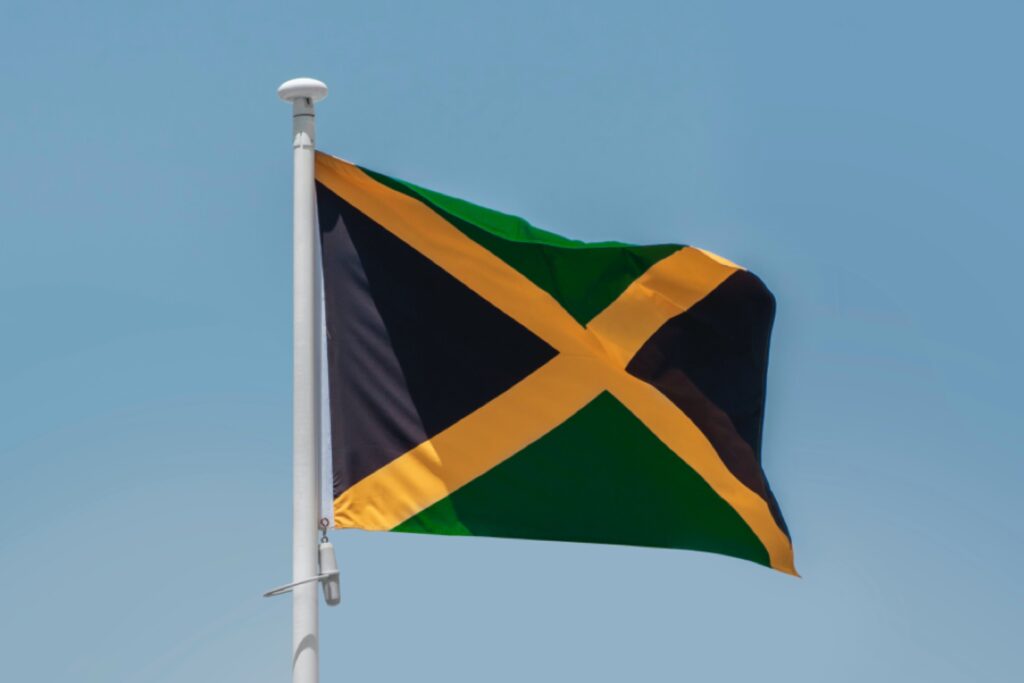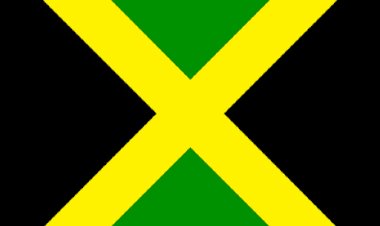How Jamaica’s Hurricane Melissa Insurance Bond Is Paying Off
Days before the storm hit on Oct, 28, the country’s Finance Ministry announced it had close to $820 million available in financing to help them restructure.

Following the devastating hit Jamaica took from Hurricane Melissa, a category five storm, the country doesn’t seem too worried about rebuilding since an insurance bond was set in place long before for financial protection, CBC reported.
In 2024, Jamaica issued $150 million in a “cat” bond for cases of a catastrophe such as Melissa, which tore through homes, roads, and essential infrastructure. Florian Steiger, CEO of Icosa Investments, a firm focused on catastrophe bonds, says the bonds “are linked to the central pressure of the hurricane when it makes landfall.” “Based on everything we’ve seen, the payouts are going to happen,” Steiger said.
Risk financing adviser at the U.K.-based Center for Disaster Protection, Conor Meenan, commended Jamaica on securing protection financially before disaster struck, saying that more countries should pay attention. “Jamaica’s strategy is, in my perspective, one of the most comprehensive of any country globally at the minute,” he said.
Days before the storm hit on Oct 28, the country’s Finance Ministry announced it had close to $820 million available in financing to help it restructure. It won’t cover everything, but it’s a good starting place. Payout could be released in the next coming days as the insurance-related financing will help Jamaica get back to normal faster by restoring services deemed essential like healthcare, transportation, and telecommunications.
Jamaican economist and financial analyst Mikol Mortley said Hurricane Melissa is the true test of the bond, as Hurricane Beryl in 2024 — a category four storm — wasn’t strong enough to trigger the funds’ release. According to the New York Times, Beryl caused an estimated $995 million in damages, including a widespread loss of crops in St. Elizabeth parish, a lucrative crop area, where Melissa made landfall.
Analysts and disaster experts estimate Melissa will cause Jamaica a total between $2 billion and $8 billion of economic loss, representing close to a third of the country’s gross domestic product. “Hurricane Melissa will be the true test of whether or not Jamaica insured itself by being fiscally responsible,” Mortley said.
“But one thing I know for certain is that we are better off today than we were last year with Beryl, in 2004 with Ivan, and in 1988 with Gilbert.”
With most catastrophe bonds being issued to richer countries like the United States, Steiger feels the large bond market gives lower-income countries an opportunity to spread their climate risk. The analyst argued that Jamaica’s strategy could be looked at as a model for other Caribbean nations and climate-vulnerable countries to access money faster following a disaster. “Cat bonds are not the answer, but they can be a part of the answer,” Steigler said.
“I would hope that a lot of people see this as an example of something that can be assisting in broadening out the resilience of economies around the globe, and also bringing people together to better share the risk around the globe.”
RELATED CONTENT: 8 Orgs To Support Jamaica’s Much-Needed Hurricane Relief






















